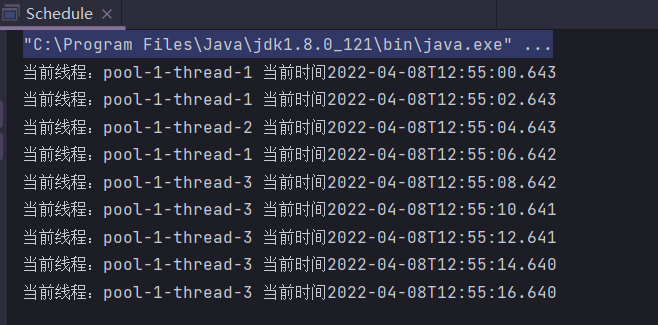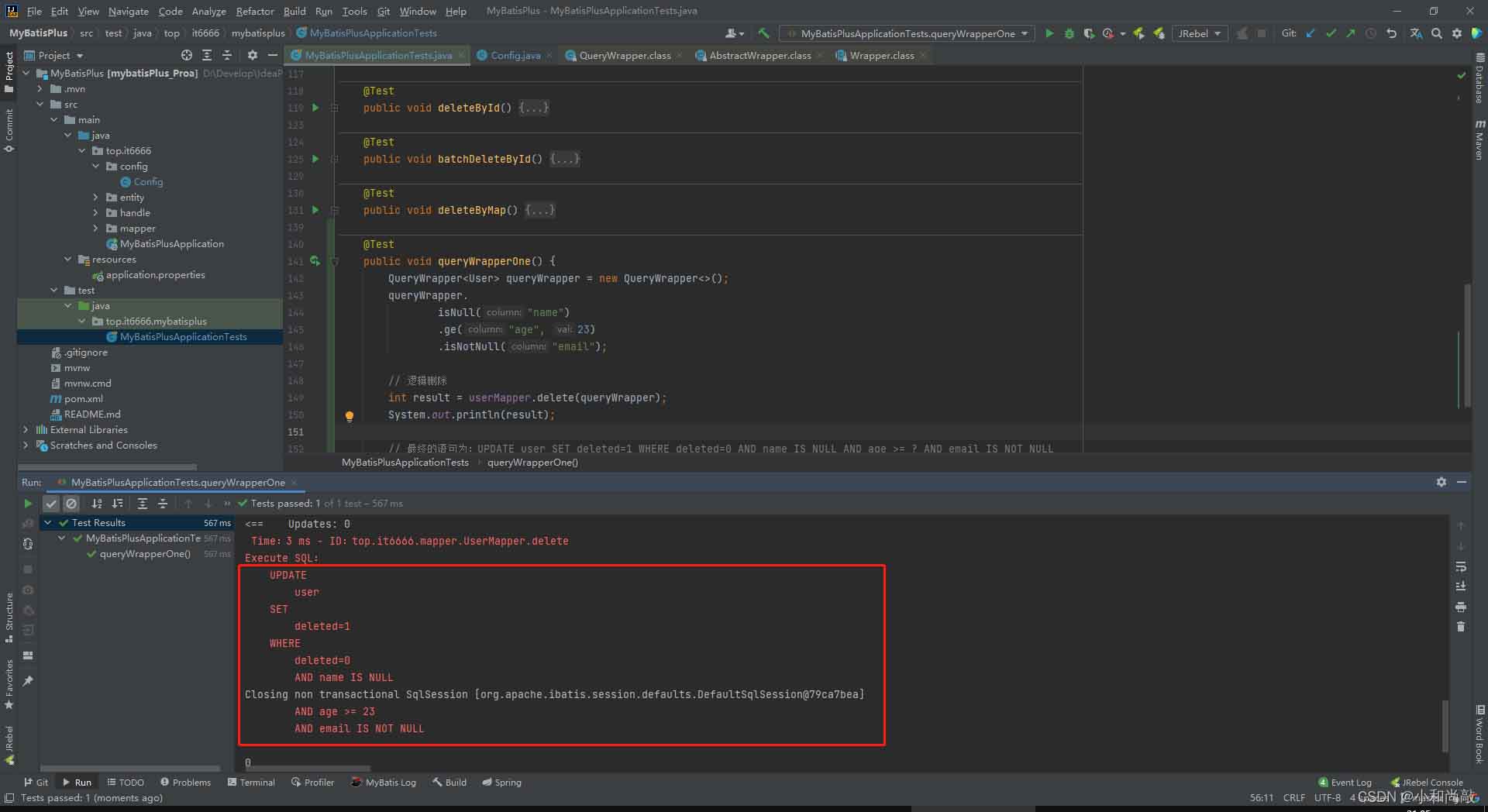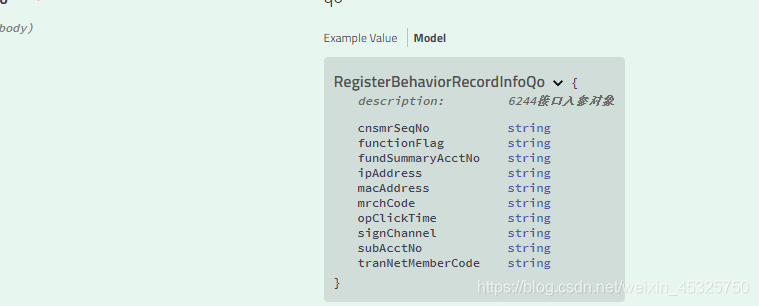这篇文章主要介绍了关于两个BeanUtils.copyProperties()的用法及区别说明,具有很好的参考价值,希望对大家有所帮助。如有错误或未考虑完全的地方,望不吝赐教
两个BeanUtils.copyProperties()用法及区别
这两个类在不同的包下面,而这两个类的copyProperties()方法里面传递的参数赋值是相反的。
例如:
a,b为对象
BeanUtils.copyProperties(a, b);
public static void copyProperties(Object source, Object target) throws BeansException {//source 源文件,target 目标文件
copyProperties(source, target, (Class)null, (String[])null);
}BeanUtils是org.apache.commons.beanutils.BeanUtils,b拷贝到a
public static void copyProperties(Object dest, Object orig) throws IllegalAccessException, InvocationTargetException {//destination,目标文件,original原始的,源文件
BeanUtilsBean.getInstance().copyProperties(dest, orig);
}这两个不要搞混了!
使用Beanutils.copyProperties()遇到的问题
BeanUtils.copyProperties VS PropertyUtils.copyProperties
两者最大的区别是:
BeanUtils.copyProperties会进行类型转换,而PropertyUtils.copyProperties不会。
既然进行了类型转换,那BeanUtils.copyProperties的速度比不上PropertyUtils.copyProperties。
因此,PropertyUtils.copyProperties应用的范围稍为窄一点,它只对名字和类型都一样的属性进行copy,如果名字一样但类型不一样,它会报错
使用BeanUtils有几个要注意的地方:
1.对于类型为Boolean/Short/Integer/Float/Double的属性,它会转换为0:
public class User {
private Integer intVal;
private Double doubleVal;
private Short shortVal;
private Long longVal;
private Float floatVal;
private Byte byteVal;
private Boolean booleanVal;
}
User src = new User();
User dest = new User();
BeanUtils.copyProperties(dest, src);
System.out.println(src);
System.out.println(dest);
//输出
User [intVal=null, doubleVal=null, shortVal=null, longVal=null, floatVal=null, byteVal=null, booleanVal=null]
User [intVal=0, doubleVal=0.0, shortVal=0, longVal=0, floatVal=0.0, byteVal=0, booleanVal=false] 在stackoverflow上有人解释说是因为这几个类型都有对应的基本类型,在进行类型转换时,有可能遇到类似Integer -> int的转换,此时显然不能对int类型的属性赋值为null,因此统一转换为0。
如何让它不要转为0呢?可以这样:
import org.apache.commons.beanutils.converters.IntegerConverter;
IntegerConverter converter = new IntegerConverter(null); //默认为null,而不是0
BeanUtilsBean beanUtilsBean = new BeanUtilsBean();
beanUtilsBean.getConvertUtils().register(converter, Integer.class); 2.对于java.util.Date/BigDecimal/java.sql.Date/java.sql.Timestamp/java.sql.Time这几个类,如果值为null,则在copy时会抛异常,需要使用对应的Conveter:
public class User2 {
private java.util.Date javaUtilDateVal;
private java.sql.Date javaSqlDateVal;
private java.sql.Timestamp javaSqlTimeStampVal;
private BigDecimal bigDecimalVal;
private java.sql.Time javaSqlTime;
}
User2 src = new User2();
User2 dest = new User2();
BeanUtilsBean beanUtilsBean = new BeanUtilsBean();
//如果没有下面几行,则在转换null时会抛异常,例如:org.apache.commons.beanutils.ConversionException: No value specified for 'BigDecimal'
//在org.apache.commons.beanutils.converters这个包下面有很多的Converter,可以按需要使用
beanUtilsBean.getConvertUtils().register(new org.apache.commons.beanutils.converters.BigDecimalConverter(null), BigDecimal.class);
beanUtilsBean.getConvertUtils().register(new org.apache.commons.beanutils.converters.DateConverter(null), java.util.Date.class);
beanUtilsBean.getConvertUtils().register(new org.apache.commons.beanutils.converters.SqlTimestampConverter(null), java.sql.Timestamp.class);
beanUtilsBean.getConvertUtils().register(new org.apache.commons.beanutils.converters.SqlDateConverter(null), java.sql.Date.class);
beanUtilsBean.getConvertUtils().register(new org.apache.commons.beanutils.converters.SqlTimeConverter(null), java.sql.Time.class);
beanUtilsBean.copyProperties(dest, src);
System.out.println(src);
System.out.println(dest);
使用BeanUtils还会经常碰到这样变态的需求:
- 假设是从A复制到B:
- 需求1:如果B中某字段有值(不为null),则该字段不复制;也就是B中该字段没值时,才进行复制,适合于对B进行补充值的情况。
- 需求2:如果A中某字段没值(为null),则该字段不复制,也就是不要把null复制到B当中。
- 对于需求1,可以这样:
import org.apache.commons.beanutils.BeanUtilsBean;
import org.apache.commons.beanutils.PropertyUtils;
public class CopyWhenNullBeanUtilsBean extends BeanUtilsBean{
@Override
public void copyProperty(Object bean, String name, Object value)
throws IllegalAccessException, InvocationTargetException {
try {
Object destValue = PropertyUtils.getSimpleProperty(bean, name);
if (destValue == null) {
super.copyProperty(bean, name, value);
}
} catch (NoSuchMethodException e) {
throw new RuntimeException(e);
}
}
}
对于需求2,可以这样:
import org.apache.commons.beanutils.BeanUtilsBean;
public class CopyFromNotNullBeanUtilsBean extends BeanUtilsBean {
@Override
public void copyProperty(Object bean, String name, Object value) throws IllegalAccessException, InvocationTargetException {
if (value == null) {
return;
}
super.copyProperty(bean, name, value);
}
}
以上为个人经验,希望能给大家一个参考,也希望大家多多支持编程学习网。
本文标题为:关于两个BeanUtils.copyProperties()的用法及区别


基础教程推荐
- 运用El表达式截取字符串/获取list的长度实例 2023-08-01
- 深入理解约瑟夫环的数学优化方法 2024-03-07
- JSP 动态树的实现 2023-12-17
- Java编写实现窗体程序显示日历 2023-01-02
- JavaWeb 实现验证码功能(demo) 2024-04-14
- springboot下使用shiro自定义filter的个人经验分享 2024-02-27
- Java+mysql实现学籍管理系统 2023-03-16
- 是否适合从javabean类更新数据库? 2023-11-04
- 使用Java和WebSocket实现网页聊天室实例代码 2024-02-25
- Java中EnvironmentAware 接口的作用 2023-01-23

















